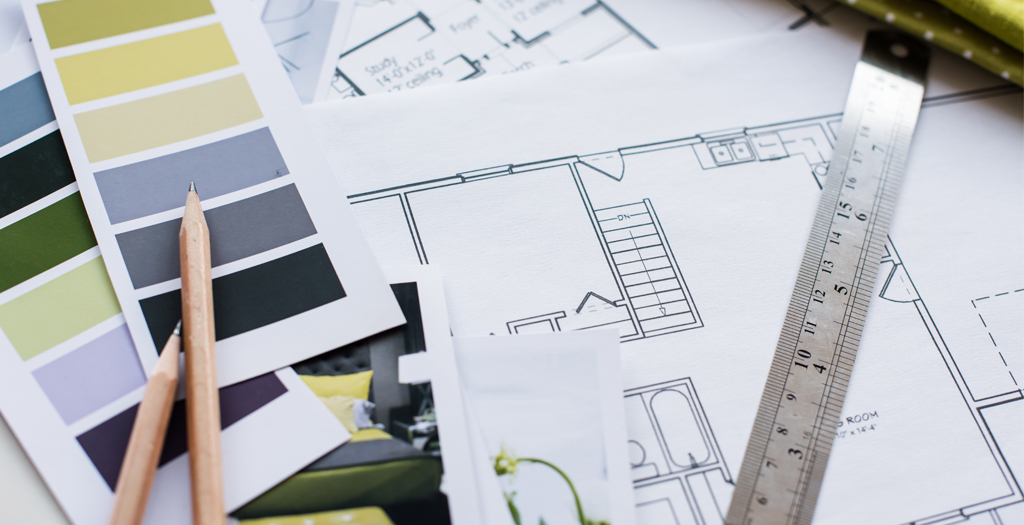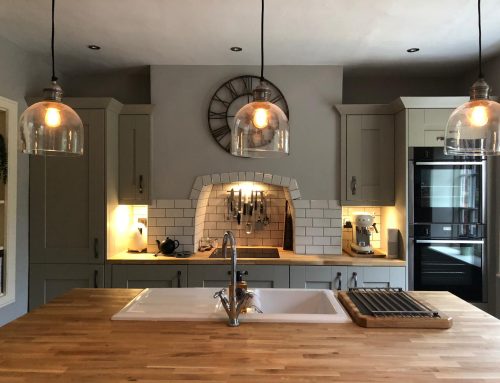[av_one_full first min_height=” vertical_alignment=” space=” row_boxshadow=” row_boxshadow_color=” row_boxshadow_width=’10’ custom_margin=” margin=’0px’ mobile_breaking=” border=” border_color=” radius=’0px’ padding=’0px’ column_boxshadow=” column_boxshadow_color=” column_boxshadow_width=’10’ background=’bg_color’ background_color=” background_gradient_color1=” background_gradient_color2=” background_gradient_direction=’vertical’ src=” background_position=’top left’ background_repeat=’no-repeat’ highlight=” highlight_size=” animation=” link=” linktarget=” link_hover=” title_attr=” alt_attr=” mobile_display=” id=” custom_class=” aria_label=” av_uid=’av-suku’]
[av_image src=’https://217.199.187.192/phihome.co.uk/wp-content/uploads/2020/08/home_improvement_trap.jpg’ attachment=’1398′ attachment_size=’full’ copyright=” caption=” styling=” align=’center’ font_size=” overlay_opacity=’0.4′ overlay_color=’#000000′ overlay_text_color=’#ffffff’ animation=’no-animation’ hover=” appearance=” link=” target=” id=” custom_class=” av_element_hidden_in_editor=’0′ av_uid=’av-kd04l6f2′ admin_preview_bg=”][/av_image]
[av_hr class=’invisible’ icon_select=’yes’ icon=’ue808′ font=’entypo-fontello’ position=’center’ shadow=’no-shadow’ height=’50’ custom_border=’av-border-thin’ custom_width=’50px’ custom_margin_top=’30px’ custom_margin_bottom=’30px’ custom_border_color=” custom_icon_color=” id=” custom_class=” av_uid=’av-kd04ks2s’ admin_preview_bg=”]
[av_textblock size=” av-medium-font-size=” av-small-font-size=” av-mini-font-size=” font_color=” color=” id=” custom_class=” av_uid=’av-kby1o1aa’ admin_preview_bg=”]
How to avoid the over-improvement trap
[/av_textblock]
[av_hr class=’invisible’ icon_select=’yes’ icon=’ue808′ font=’entypo-fontello’ position=’center’ shadow=’no-shadow’ height=’20’ custom_border=’av-border-thin’ custom_width=’50px’ custom_margin_top=’30px’ custom_margin_bottom=’30px’ custom_border_color=” custom_icon_color=” id=” custom_class=” av_uid=’av-kby1tih3′ admin_preview_bg=”]
[av_textblock size=” av-medium-font-size=” av-small-font-size=” av-mini-font-size=” font_color=” color=” id=” custom_class=” av_uid=’av-kby1n9og’ admin_preview_bg=”]
It’s only natural as a homeowner that you should want to improve your property – maybe you have recently moved in and want to put your own touch to your home, or perhaps you feel the house has grown a bit tired and could do with a refresh?
Whatever the reason, the good news is that many improvements can add considerable value to your property.
However, an important consideration when looking at refurbishment projects is avoiding the over-improvement trap. That is, undertaking maintenance and renewal jobs that, while costing you, won’t add much, or indeed anything, to the value of your home, and represent dead money in terms of investment. While aesthetic appeal is key when improving your home, you should also be thinking about what projects are also likely to add to the resale value as well.
Here’s some things to consider:
What projects offer the best chance of payback?
When thinking through potential projects for your home, it is worth researching what home improvements deliver the best return on investment.
If you have a biggish garden, then a conservatory could provide a healthy return, as you are adding an additional room to your house. And unlike an extension, you won’t need planning permission as long as no more than half the area of the land of the original house is covered. For the same reasons, loft conversions offer a good payback, while improvements to kitchens and bathrooms may recoup most of what you spend on them.
Losers in the home improvement game tend to be extensive home office fit-outs and summer houses.

Know your street
Houses exist in pricing brackets, and trying to improve your house so that it is elevated into the next pricing bracket is a challenge.
In this regard, location is the key. For example, if your house is in a street where all the other houses are worth £300,000, adding an additional £100,000 worth of improvements won’t necessarily turn it into a £400,000 home. However, a £300,000 house in a street where most homes are worth £400,000 is likely to go up in value with the right improvements.
The garage conversion dilemma
A common reason people consider a garage conversion is to provide an additional study area for the children or a home office for themselves. Creating another room in the house or a ground floor bedroom for elderly relatives are other popular motives.
But think carefully before you go down this route because your home could lose value because you no longer have a garage. Some buyers may expect a place to keep their vehicle and might not be prepared to meet the asking price for a home without it. This is a particular consideration in an area where parking is a problem and a garage is seen as a real bonus.
Don’t over-personalise

We all like to make our homes our own and to add personal touches but if you go too far you could find that the money you are spending won’t be recouped if you decide to sell. You may love your gilded gold bathroom but it probably isn’t to everyone’s taste. Wildly customized children’s bedrooms also fall into this category.
If you want to be on the safe side, well-made, classic home improvements using good quality materials is the best way to ensure your money is well-spent.
How long do you intend to stay at the property?
One factor that you should bear in mind before launching into a home improvement project is how long you intend to stay at the property. If you are planning on living there for just three to five years, then you should be careful about the cost and extent of the improvements you make, and only consider projects that will appeal to potential buyers – again kitchen and bathroom improvements are popular here.
If you have no plans to move and intend to stay put for the long-haul then return on investment will be less of a consideration when it comes to home improvements.
If you would like to discuss a potential home improvement plans you may have please contact us on Bury St Edmunds: 01284 386899, Cambridge: 01223 789786 or email: info@217.199.187.192
[/av_textblock]
[/av_one_full]







Leave A Comment
You must be logged in to post a comment.